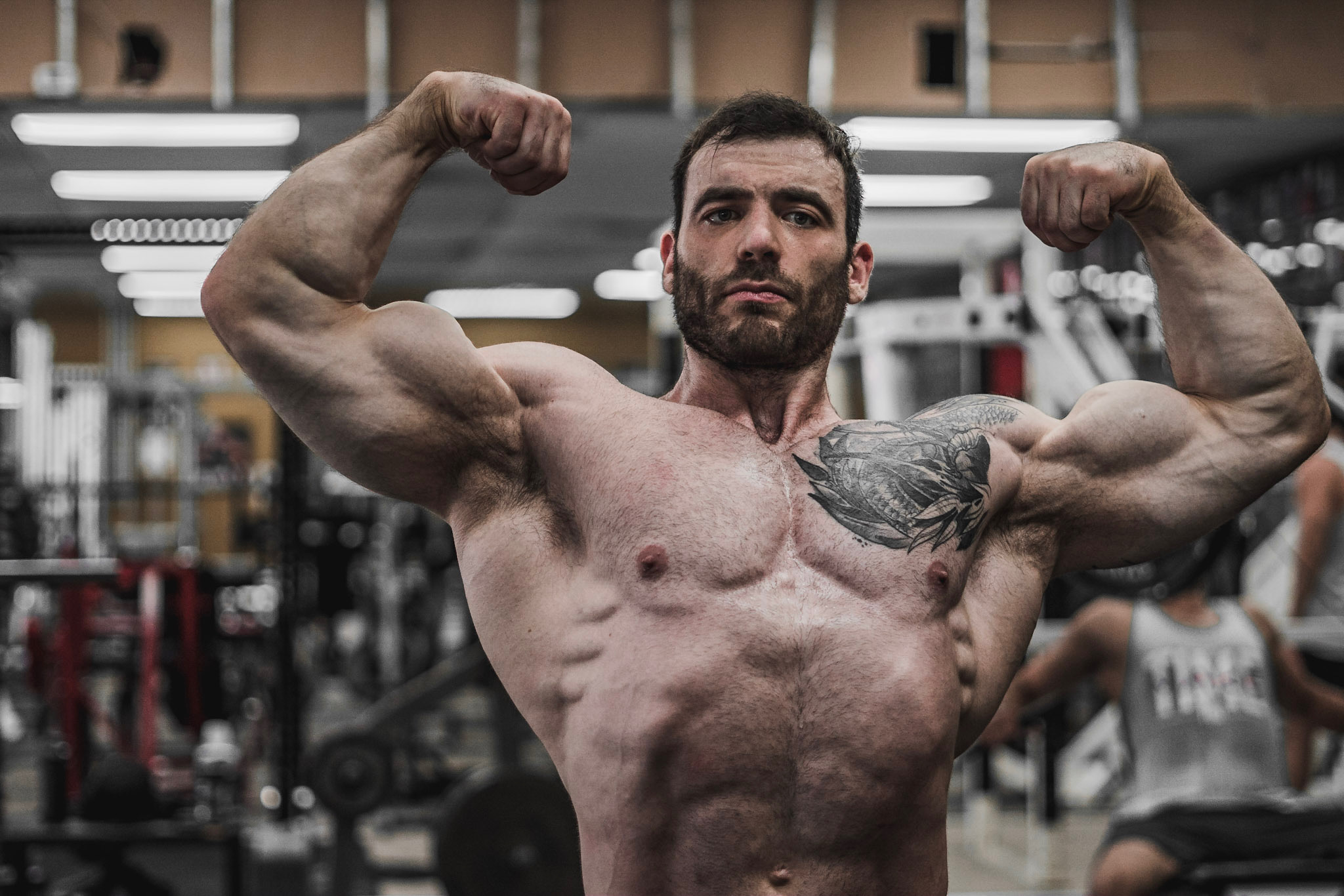
Most people who go to the gym are starting from sh*t. I don’t mean that they’re shit people, of course — just that they’re not good lifters, and they probably don’t even care about being great. So, they don’t spend any time working on the tough things that will make them better: things like improving technique, refining programming methods, or even just training hard.
Then there’s the flip side. These are the lifters who are constantly trying to make everything perfect. Every rep, every set, every day not only has to look like a three-white-light competition lift (while wearing a singlet and using calibrated plates, of course) — it also has to involve the shortest possible range of motion, and performed at exactly an RPE of 8.667 and a velocity of 0.25 meters per second. Anything less isn’t good enough, and needs to be redone.
Not surprisingly, this sort of “optimal” really isn’t optimal at all. It’s overrated.
Defining “Optimal”
If you’ve read a lot of my blog, you might be a little surprised at this point, because I’m often writing about the need to constantly strive to improve. The devil’s in the details here: you need to work towards perfection, but be okay with never reaching it. I absolutely think that all of these things are crucial if you want to be a great lifter:
- Refining your technique to minimize the risk of injury while still training hard and progressively
- Analyzing and autoregulating your programming to help you to get stronger, faster
- Putting in extra work outside the gym to speed your recovery
There’s probably a lot I’m missing in this list, too, but the point is that everything you do needs to have a purpose. If you spend so much time refining your technique to minimize your ROM that you never add weight to the bar, or never push yourself anywhere near failure, then you’re probably going to make slow progress (if you make any at all). The same thing happens if you get so wrapped up in rethinking your programming that you’re constantly jumping from one method to the next, never allowing your body time to adjust or to learn what really works best for you. And of course, I’ve already written about what happens when you go overboard with what you’re doing outside the gym — it very well could be making you weaker.
A Better Way
So instead of getting hung up on perfection, accept where you are right now, and focus on making small changes to improve. Try one new thing every workout. If it helps you to get better, then great — stick with it, and next workout, try something else. If it doesn’t help, forget about it, go back to whatever you were doing before, and again, next workout, try something else. But no matter what, remember that your ultimate goal is to get stronger. If you’re not training hard and being consistent in and outside of the gym, that’s not going to happen, no matter how much time you spend trying to figure out what’s “optimal.”








